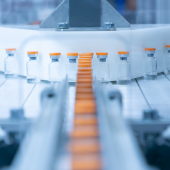Labels: when attention to the environment is the lever of business
Chronicle of the Gipea Spring Congress (24 and 25 May, Turin), from which interesting points emerge, oriented towards product and process innovation. With supply chain sustainability obviously taking pride of place.. Maria Costanza Candi Journalist, technical-scientific adviser
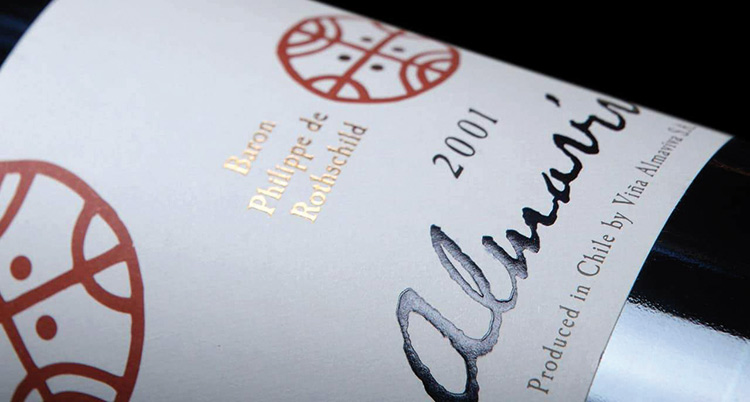
The guiding theme for 2019 is sustainability, understood as reducing environmental impact and strengthening the strategies necessary to implement the paradigm of the circular economy, indispensable for turning waste into resources while drastically reducing the ecological footprint of a sector like that of labels and packaging, which play a central role in the recycling and re-use chain.
In the introduction to the proceedings Elisabetta Brambilla, President of GIPEA, presented a healthy market, which grew by 2.2% in 2018 and with an average + 4.2% CAGR between 2008 and 2017.
Italy is successfully tackling international markets, establishing itself as the fourth largest producer in the EU, despite the general crisis affecting printed media.
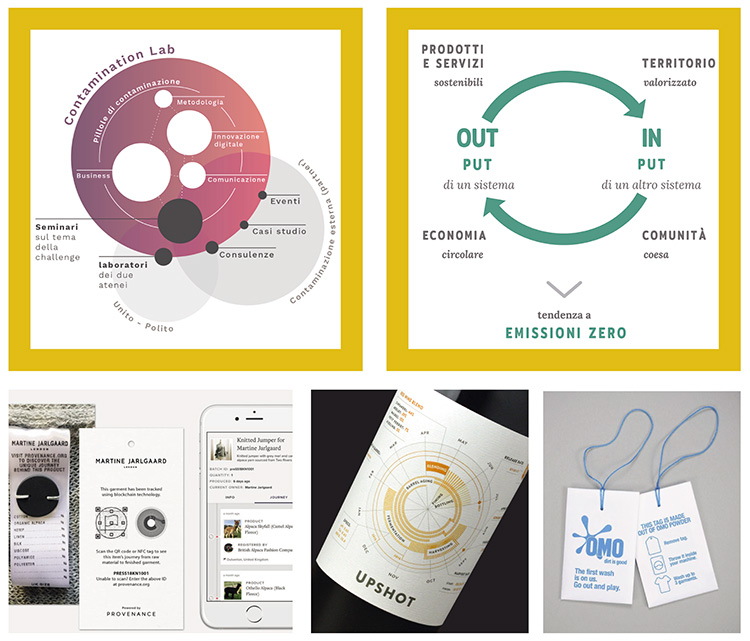
Work, territory and carbon footprint: new logics
The word then went to the world of Academia, with the Polytechnic of Turin and the C-Lab, working on the contamination between different production and entrepreneurial contexts in an Eco-Design logic that, according to Professor Paolo Tamborrini, is one of the keywords of the sustainable turnaround for the planet.
Indeed one needs to plan the relationship between work, environment, businesses and people, taking into consideration the peculiarities of the territory and the ecological footprint. Reducing the movement of staff with smart working and mobility management, creating industrial districts that can have the necessary services, but also implementing all the strategies necessary for the development of the circular economy: One choice for all, the management of the waste supply chain, a theme raised several times with proposals and innovative technological solutions.
With Eco-Design, environmental care is integrated with business, for a design that drastically reduces the costs of the recovery and the transforming of waste into resources and minimizing its economic impact in the final stages of its management. Open systems that is, made up of networks of relations between companies and training, to make the value chain continue beyond the point where the old logic stopped, or that is waste.
Share and standardize the rules: a necessity
The day continued with Antonio Feola, head of sustainability and raw materials at Unione Italiana Food, which combines 800 leading brands, 65,000 employees and which heads a process of awareness raising on sustainability issues, starting with the choice of raw materials and their production, to get to packaging and labels.
Feola raises an important topic, that of regulations and certifications, still very uneven between country and country, but also within the same market. Amidst different standards, dozens of differing manuals and policies to encourage sustainability within and outside the European Union, it is difficult for the sector to define a direction and train its members, employees, managers, to make informed environmental choices associated with the circular economy. In fact, for the food sector, this could become a real business opportunity, from energy co-generation to power production sites, to packaging and label recycling in cooperation with consortia and producers, such as GIPEA associates.
According to Unionfood, it is therefore necessary to measure sustainability with standards and a regulatory framework shared at a transnational level between legislators and producers, to render practicable standards that, for the moment, are left to the initiative of individuals. One only has to think about the logic of carbon neutrality, or the corporate strategies for offsetting net greenhouse gas emissions (Net Zero Emissions), applied to packaging; of the certified measurement of the Carbon Footprint, that determined by the quantity of greenhouse gas emissions generated throughout the life cycle of a product starting from its raw materials; to the 54,700,000 kg of CO2, to the 1.6000,000 sqm of water, to the 10.650,000 kg of waste saved by 9 companies participating in a sustainability project launched by Unionfood for the 2013 sustainability report.
For the sector, the commitment in this direction is not a question of the here and now and the challenges don’t stop there, if you think that some big players are set on attaining the ambitious goal of 100% recyclable packaging or packaging made from renewables by 2025.
It is therefore a question of objectives that are achieved with shared tools for analysing the processes, but also one of increasing consumer awareness: one of the levers of innovation but also of new business, should consumers be made aware of the environmental advantages determined by their consumption choices.
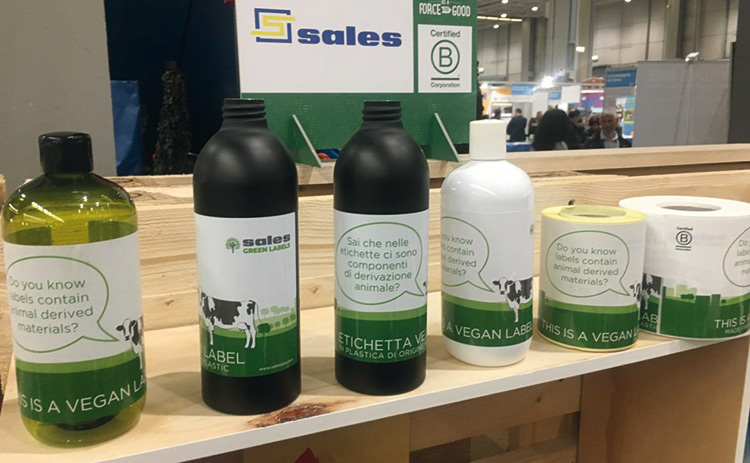
More technology and more environment to be credible
The round table on the second day was an opportunity to think about solutions, between R&D and established practices.
The common trait of the participants, coordinated by Domenico Tessera Chiea of Sales, Certified B Corp with over a century of history behind them, was the certainty that sustainable development is first and foremost a positive business lever for companies that are committed to changing their strategies towards greater sensitivity to environmental issues.
 Flavio Aragozzini, of UPM Raflatac, is convinced of this, citing +25% reuse of packaging and +20% of new carbon neutral products as a real marketing lever.
Flavio Aragozzini, of UPM Raflatac, is convinced of this, citing +25% reuse of packaging and +20% of new carbon neutral products as a real marketing lever.
According to Aragozzini, in fact, the category must ask itself how to sell more thanks to the responsible management of forests and the results of R&D, to create new products capable of containing environmental impact. This is the case of UPM Biofore’s renewable, recyclable and biodegradable products featuring labeling solutions that enable the recycling of the mixture of paper, plastic, silicone and ink that comprises the production waste of self-adhesive labels.
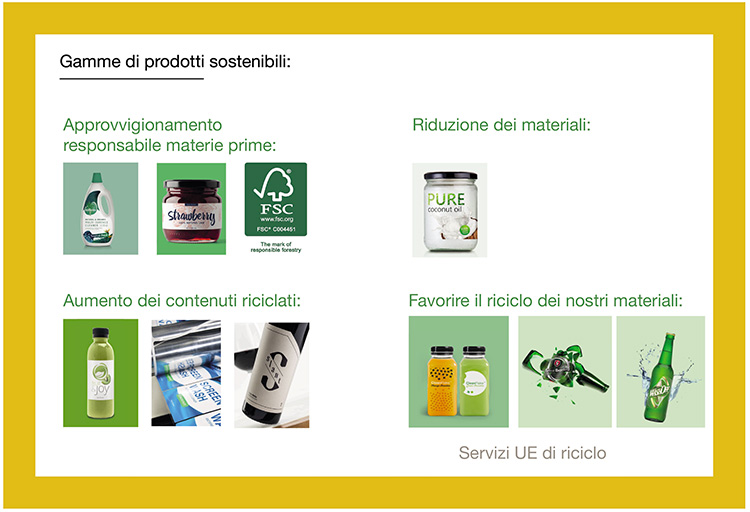
Revolutionary solutions for the environment, but also efficient for the customer and providing excellent marketing levers, as confirmed by Paola Pagliarini of Avery Dennison, who highlighted the problems related to the separation of PET from other materials being recycled, to achieve a clean product ready to go back into production.
The technological challenge is in fact tied to the development of labels that adhere perfectly, are durable and reliable, given the importance of the mandatory information they contain, but which can also be easily separated by consumers as well as provided with compostable glues that do not put the supply chain at risk in terms of contamination. A product may be readily on hand, but due to a change in the composition, the entire certification process has to be reactivated, considerably lengthening the time involved. A recurring theme is the harmonization of certifications and measurement systems, already mentioned during the Spring Congress.
Sergio Veneziani from Ritrama also offered an interesting contribution seeing waste, in the perspective of the circular economy, as a resource. However, marketing must contribute with design choices that reduce waste, contemplating recovery processes through a supply chain that never considers waste as a disposable element of production. Hence, using linerless technology, waste and environmental impact can be drastically reduced: an innovative technology leads to winning choices in ecological terms as well as in terms of costs for the customer.
According to Veneziani, in addition to offering a product, one needs to move towards consultancy that motivates the customer to making sustainable choices thanks to the economic advantages offered by the new technological solutions.

Finally, the conclusions of Domenico Tessera Chiesa strengthened the role of the sector as an ambassador of necessary ecological choices. Among these, for example, the alignment of materials between primary and secondary packaging, one of the many solutions that would favor the recovery of the materials needed to pursue the circular economy paradigm. Hence companies must not only embrace sustainability for ethical reasons, but for specific commercial interest: only in this way can the “green revolution” advocated by the Gipea 2019 Spring Congress become a reality.
GIPEA, Italian Group of Self-Adhesive Label Manufacturers, associates over 70 specialized producers of self-adhesive labels and more than 30 supporting partners, representing raw materials and technology suppliers. Founded in 1989, Gipea is part of the Confindustria system via Assografici and is active on an international trade circuit, Finat (European Association of self-adhesive label converters); thanks to the joint work, they keep alive the attention of producers and users on market trends in Europe and worldwide.














